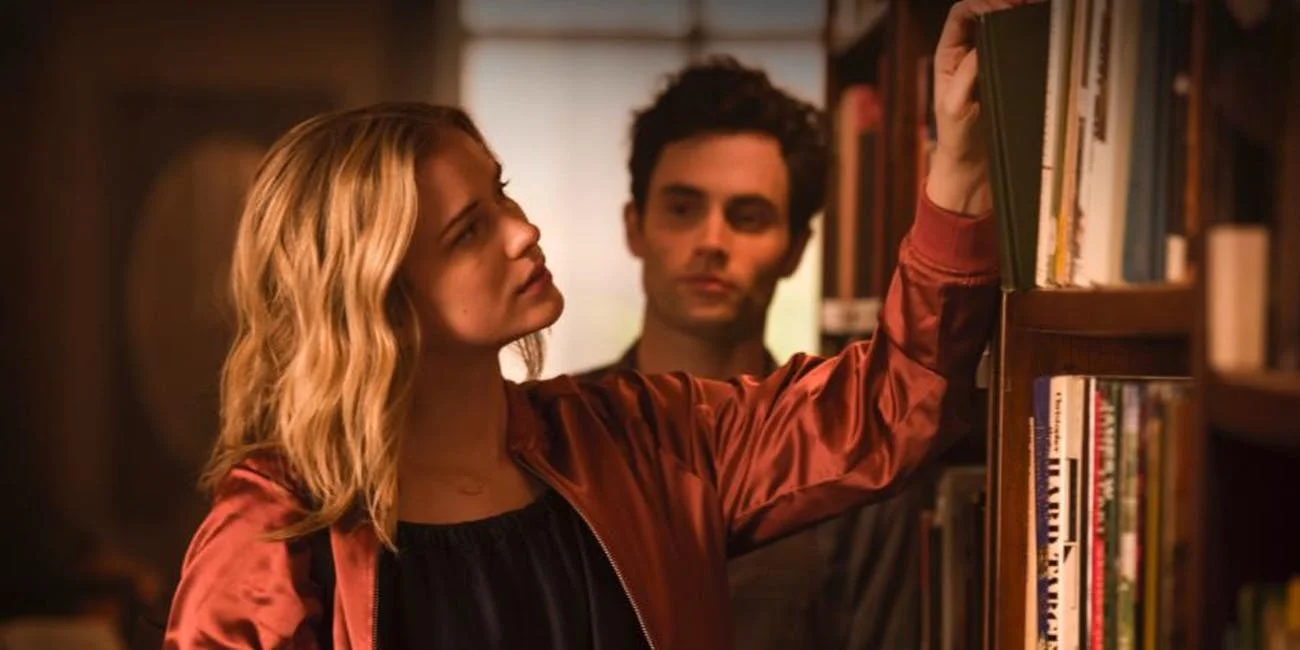'Bird Box': Blind to Our Fears
Horror films have collectively monopolized the technique of the jump scare. Those peak scary moments all seem to feature elongated bouts of silence and blur followed by the unexpected, albeit very expected, appearance of some villainous entity or character. It’s this element of inevitable ambush that sparks our fears, but simultaneously comforts us knowing that what is feared has finally been seen. But what happens when we are unable to see at all?
In Bird Box, Sandra Bullock stars as Malorie, a woman who lives in an apocalyptic world suffering from global mass suicides called “The Problem.” The film takes place in three different timelines: five years prior to “The Problem,” the time period shortly before the birth of Malorie’s child, and the present day, in which Malorie carries her child and another woman’s child through the wild in seek of refuge.
A majority of the film comprises of transitioning between the past, where Bullock’s character initially finds shelter in someone’s home and is accompanied by other survivors, to her traveling with the children in the wild, all while blindfolded. In the present day, while the group is rowing through the river rapids, they carry a box of birds that can signal when danger is near.
The suicides in the film are caused by looking at mysterious “creatures,” which never explicitly appear in the film. Only soft after-effects, such as leaves whirling in the wind to signal their presence, are visible. To survive is to not see, and so Malorie and the children wear blindfolds throughout the entirety of the film. Bird Box’s perspective is rooted in blindness: the survivors are unable to see the root of their fears, and so the movie never shows it.
Arguably the most despairing element of Bird Box is that fear will never be truly conquered; it can only be internalized as some non-confrontational afterthought.
I applaud the skillful manipulation of time in this film, which requires precise forethought to coherently connect each time period. The themes presented in the movie are harrowing, and I sometimes wish Bird Box could have been directed as a silent film; the script wasn’t horrible, but I feel as if the silence could have exacerbated the artistic, apocalyptic mood in conjunction with the recurring aspect of blindness.
For me, what remains most memorable about the film is be the blindfold, and despite whatever humor the general public might strike up with it (such as the Bird Box challenge), it touches on the horrible consequences of an inability to act upon our fears.
Featured image via






